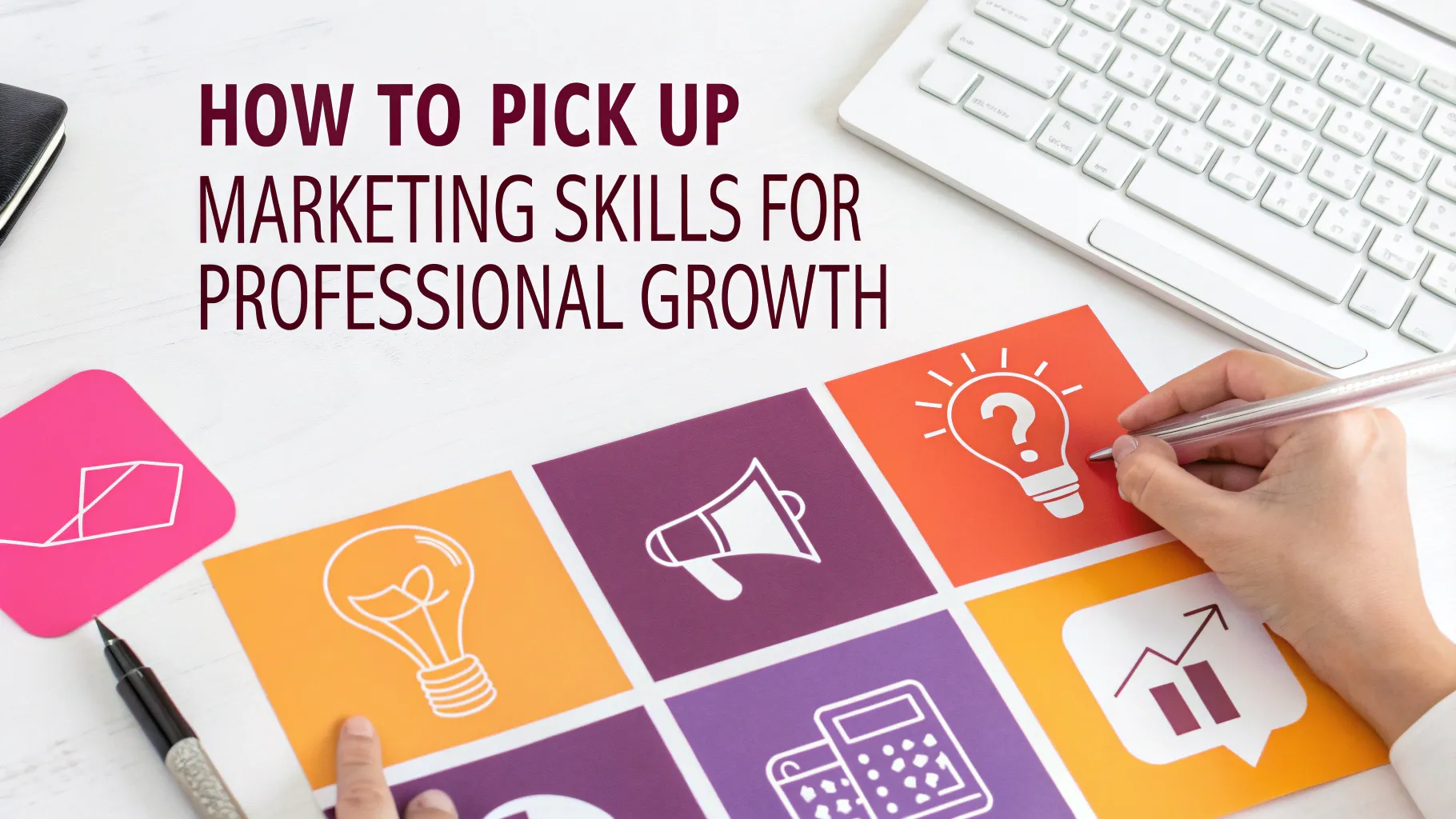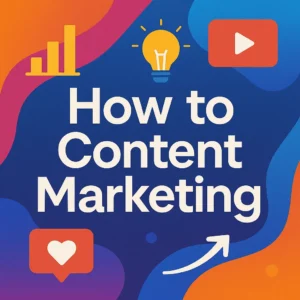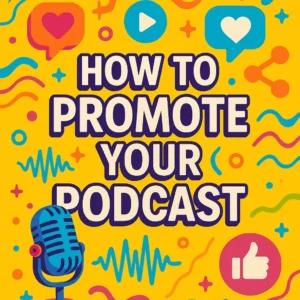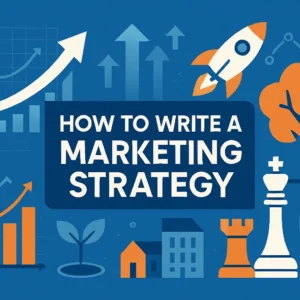
In today’s fast-paced job market, having marketing skills is no longer a luxury – it’s a necessity for career advancement. By mastering marketing, you can attract and retain customers, drive business growth, and set yourself apart from the competition. A deep understanding of marketing principles enables you to craft a consistent brand identity that truly resonates with your target audience, making your presence felt even in the most crowded industries.
Moreover, the analytical aspect of marketing allows you to make informed, data-driven decisions and fine-tune your strategies for maximum impact. It does not matter if you’re looking to take your career to the next level or simply curious about how to get started with marketing, taking that first step can unlock a world of opportunities and propel you towards success.
Why Marketing Skills Matter
The Role of Marketing in Career Growth
Marketing plays a pivotal role in shaping your career trajectory. It equips you with the ability to attract new customers and retain existing ones, which directly contributes to business growth. In any industry, professionals with marketing expertise stand out because they understand how to build brand awareness. This skill ensures that a company’s message resonates with its target audience, creating a lasting impression.
Analytical skills, a core component of marketing, allow you to make data-driven decisions. For example, you can analyze customer behavior and adjust strategies to meet their needs. This approach not only improves outcomes but also demonstrates your ability to adapt to real-time insights. Employers value individuals who can optimize strategies effectively, making marketing skills a significant asset for career advancement.
Marketing Skills for Adaptability in a Changing Job Market
The job market has evolved since AI technologies became ubiquitous, and marketing skills help you stay ahead of these evolutions. Digital transformation has shifted how businesses operate, increasing the demand for professionals who understand online platforms and AI tools. Whether you work in sales, customer service, or management, marketing knowledge enhances your ability to adapt to new trends.
For instance, understanding digital marketing enables you to leverage social media, email campaigns, and search engine optimization to reach broader audiences. These skills are not limited to marketing roles. They are transferable, meaning you can apply them in various positions to improve communication, strategy, and customer engagement. In a competitive job market, adaptability is key, and marketing skills provide the foundation you need to thrive.
How to Learn Marketing Skills
Step-by-Step Guide to Learning Marketing
Learning marketing skills can seem overwhelming, but breaking it into manageable steps makes the process easier. Follow this guide to start your journey:
-
Assess your current skills: Identify your strengths and areas for improvement. This helps you focus on what matters most.
-
Set clear goals: Decide what you want to achieve. For example, you might aim to master social media marketing or improve your SEO knowledge.
-
Dive into foundational resources: Books like “Scientific Advertising” by Claude Hopkins and “Influence: The Psychology of Persuasion” by Robert B. Cialdini offer timeless insights. Blogs and podcasts also provide up-to-date strategies.
-
Take online courses: Platforms like Google Digital Garage and HubSpot Academy offer free certifications. These courses cover topics like email marketing, PPC advertising, and analytics.
-
Practice hands-on skills: Apply what you learn by starting a blog, freelancing, or joining an internship. Real-world experience solidifies your knowledge.
This structured approach ensures steady progress in your marketing skills development.
What You Need to Get Started
To begin, you need the right mindset and tools. A growth mindset keeps you motivated to learn and adapt. Commitment to consistent practice is equally important.
Equip yourself with essential tools to simplify your learning process:
-
Content creation tools: Canva and Grammarly help you design and write effectively.
-
Data analysis tools: Google Analytics and Survey Monkey provide insights into customer behavior.
-
Social media platforms: Tools like Sprout Social and Iconosquare streamline content management.
These resources make it easier to learn marketing skills and apply them effectively.
Who Should Try This?
Marketing skills benefit a wide range of individuals:
-
Professionals seeking career advancement: If you want to stand out in your field, marketing knowledge gives you an edge.
-
Entrepreneurs growing their businesses: Marketing helps you attract customers and build a strong brand presence.
Even if you’re switching careers or scaling a business, learning marketing skills opens new opportunities.
Potential Challenges
Overwhelming information and where to start
When you begin learning marketing, the sheer volume of information can feel daunting. You might encounter countless blogs, courses, and tools, each claiming to be essential. This overload can make it hard to decide where to focus your efforts. To overcome this, start small and prioritize foundational knowledge. Focus on one area of marketing at a time, such as social media or email campaigns. Use beginner-friendly resources like free online courses or introductory books. These provide a clear starting point and help you build confidence as you progress.
Another helpful strategy is to create a learning plan. Break your goals into smaller, manageable steps. For example, dedicate one week to understanding basic SEO concepts and another to exploring content creation tools. This structured approach keeps you organized and prevents you from feeling overwhelmed.
Balancing learning with work or personal responsibilities
Finding time to learn marketing skills while managing other responsibilities can be challenging. However, effective strategies can help you maintain balance:
-
Practice time management by setting aside specific hours for learning.
-
Set clear, realistic goals to track your progress.
-
Keep a positive mindset to stay motivated and celebrate small achievements.
For instance, you could dedicate 30 minutes daily to watching a marketing tutorial or practicing a new skill. Consistency is key. Even small, regular efforts can lead to significant progress over time.
Common Mistakes to Avoid
Neglecting hands-on practice in favor of theory
Relying solely on theory without applying it in real-world scenarios is a common mistake. Marketing is a practical field that requires hands-on experience. Reading about strategies like content marketing or SEO is valuable, but you need to implement these concepts to truly understand them. Start a personal project, such as a blog or social media page, to practice your skills. This approach not only reinforces your learning but also helps you build a portfolio to showcase your expertise.
Overlooking the importance of analytics and data-driven strategies
Ignoring analytics can limit your marketing success. Data provides insights into what works and what doesn’t. For example, tools like Google Analytics help you track website traffic and user behavior. This information allows you to refine your strategies and achieve better results. Make it a habit to review data regularly and use it to guide your decisions. By leveraging analytics, you can create more effective campaigns and demonstrate your ability to drive measurable outcomes.
Key Marketing Skills to Master
Communication and Storytelling
Effective communication and storytelling are essential marketing skills that help you connect with your audience. Communication builds relationships with customers and stakeholders, ensuring your message is clear and impactful. Storytelling, on the other hand, engages emotions and compels action.
Together, they create a powerful combination for delivering memorable messages.
To master storytelling, focus on crafting narratives that resonate with your audience. Stories engage emotions and imaginations, making your message more relatable. For example:
-
Use storytelling to present information in a structured way that enhances understanding.
-
Create compelling narratives to communicate ideas more effectively than raw data.
Copywriting is another critical skill that combines communication and storytelling. It allows you to inspire action through persuasive language. Whether you’re writing an email campaign or a social media post, well-told stories can captivate your audience and drive engagement.
Analytics and Data Interpretation
Analytics and data interpretation are vital for creating effective marketing strategies. These skills enable you to measure, analyze, and manage performance to improve results. By understanding consumer behavior and campaign outcomes, you can transform raw data into actionable insights.
For instance, tools like Google Analytics help you track website traffic and user behavior. This data reveals what works and what doesn’t, empowering you to make informed decisions. Strong analytical skills allow you to optimize campaigns, enhance return on investment (ROI), and achieve better outcomes.
Mastering analytics ensures your strategies are not only creative but also data-driven.
Consumer Psychology
Understanding consumer psychology gives you a competitive edge in marketing. This skill helps you predict how people make decisions and tailor your strategies accordingly. Several psychological principles play a role in influencing consumer behavior:
|
Principle |
Description |
|---|---|
|
Action paralysis |
People hesitate to make decisions when uncertain about the consequences of their choices. |
|
Reciprocity |
Receiving a small gift can influence behavior, such as tipping based on perceived service quality. |
|
Loss aversion |
Individuals prefer avoiding losses over acquiring equivalent gains, showing a stronger emotional response to loss. |
|
The decoy effect |
Introducing a less attractive option makes a more expensive choice appear more appealing, influencing purchasing decisions. |
By applying these principles, you can create marketing campaigns that resonate with your audience. For example, emphasizing potential losses rather than gains can motivate customers to act quickly. Understanding these psychological triggers ensures your strategies align with how people think and behave.
Digital Marketing Skills and Tools
Having a strong grasp of digital marketing skills allow you to create impactful campaigns, analyze performance, and engage with your audience. To succeed, you need to familiarize yourself with essential tools and platforms that simplify your tasks and enhance your strategies.
Start by exploring tools for managing pay-per-click (PPC) campaigns. Platforms like Google Ads and Microsoft Advertising help you reach potential customers through targeted ads. These tools allow you to set budgets, track performance, and optimize campaigns for better results. For social media management, tools such as Sprout Social, Buffer, and Hootsuite streamline content scheduling and audience engagement. They save time and ensure consistency across platforms.
Email marketing remains a cornerstone of digital strategies. Tools like Mailchimp, ActiveCampaign, and Constant Contact enable you to automate email campaigns, segment audiences, and track open rates. These features help you deliver personalized messages that resonate with your subscribers. For visual content creation, Canva and Adobe Photoshop are invaluable. They allow you to design eye-catching graphics that enhance your brand’s appeal.
Analytics tools play a crucial role in measuring success. Google Analytics provides insights into website traffic and user behavior, helping you refine your strategies. Shopify and Ahrefs are excellent for e-commerce and SEO, respectively. Shopify simplifies online store management, while Ahrefs helps you identify keywords and improve search engine rankings. To excel in digital marketing, focus on building a diverse skill set.
Learn to use these tools effectively and integrate them into your campaigns. This approach ensures you stay competitive and achieve your marketing goals.
Applying Marketing Skills in Your Career
Using Marketing Skills in Various Roles
Marketing skills enhance your ability to excel in diverse professional roles. These skills are not limited to traditional marketing positions. For instance, social media specialists rely on marketing expertise to create engaging content and grow online communities. Content creators use storytelling and communication to captivate audiences. Project managers benefit from marketing knowledge when coordinating campaigns and ensuring alignment with brand goals.
Other roles, such as product marketers and advertising campaign managers, also demand a strong understanding of marketing. Product marketers focus on positioning products effectively in the market. Advertising campaign managers design and execute strategies to maximize reach and impact. Whether you work in these roles or others, marketing skills empower you to deliver value and achieve measurable results.
Marketing Skills for Entrepreneurs
Entrepreneurs can leverage marketing to grow their businesses and build strong customer relationships. Understanding customer needs allows you to tailor your offerings effectively. Digital advertising, such as pay-per-click (PPC) campaigns, helps you reach specific audiences. Storytelling plays a crucial role in connecting with customers emotionally. Sharing relatable stories communicates your brand’s identity and values, fostering trust and loyalty.
Search engine optimization (SEO) is another essential aspect of a digital marketing strategy. Optimizing your website ensures higher visibility in search results, making it easier for potential customers to find your products or services. Social media management, teamwork, and time management further enhance your ability to execute campaigns successfully. Analytics tools provide insights into performance, enabling you to refine your strategies for better outcomes.
Advancing Your Career with Marketing Knowledge
Marketing knowledge positions you as a valuable asset in any organization. Employers value professionals who can craft effective digital marketing strategies and adapt to changing trends. For example, mastering analytics allows you to measure campaign success and make data-driven decisions. Communication and storytelling skills help you present ideas persuasively, whether in meetings or client pitches.
You can also use marketing expertise to identify growth opportunities within your industry. For instance, understanding consumer psychology enables you to predict market trends and adjust your approach accordingly. These skills not only enhance your current role but also open doors to leadership positions.
With marketing knowledge, you can confidently navigate your career path and achieve long-term success.
Marketing skills are essential for staying competitive and achieving professional growth. They help you adapt to industry changes, improve communication, and make data-driven decisions. To start learning, focus on actionable steps that build your expertise:
-
Enroll in courses with video tutorials to quickly master new skills.
-
Pursue certifications to validate your knowledge and gain structured learning.
-
Work on hands-on projects like creating campaigns or conducting research.
-
Network with professionals to gain insights and stay updated on trends.
Take the first step today. Commit to learning consistently, and you’ll unlock opportunities to advance your career and achieve your goals.


